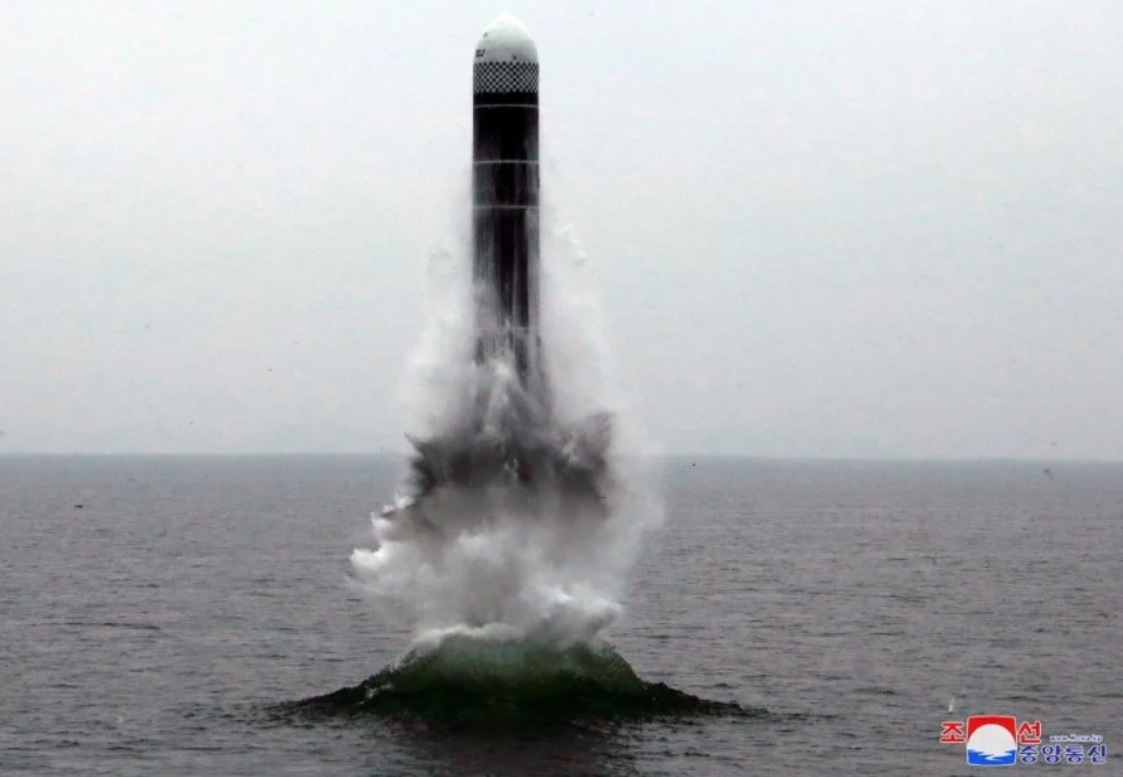According to Steve Cimbala Lawrence J. Korb
All wars have unexpected consequences. One of the potential consequences of the war in Ukraine is the clear possibility that more states will be interested in developing or deploying nuclear weapons.
It's easy to see that states might look to Ukraine's experience and decide that in an era of renewed great power rivalry and smoldering regional conflicts, they need at least a small nuclear deterrent. Saddam Hussein in Iraq and Muammar Gaddafi in Libya were overthrown by force. At the same time, North Korea's small but growing nuclear arsenal increases the costs and risks of military intervention to overthrow the Kim dynasty. Iran's general policy and nuclear ambitions reflect its desire to dominate the Greater Middle East, but the Iranian leadership may also view the nuclear arsenal as an insurance policy against external military intervention.
In the Indo-Pacific region, nuclear weapons are already widespread. Russia, China, North Korea, India, and Pakistan all have nuclear weapons, which increases the risk of someone crossing the nuclear threshold if conventional war threatens their national survival. The situation is becoming even more unpredictable due to the growing sophistication of these powers' conventional weapons. China's military-strategic competence has grown by leaps and bounds; its ground-based missile, naval and air forces rapidly increased their offensive and defensive capabilities and improved their command and control, communications, intelligence, surveillance and real-time decision-making systems.
In the Middle East, Iran's possession of nuclear weapons could increase incentives for Saudi Arabia, Turkey or Egypt to seek their own nuclear deterrent. However, as Iran approaches the nuclear weapons line, Israel may respond with a powerful conventional attack designed to destroy most or all of Iran's nuclear infrastructure and weapons.
That said, states have little to gain from going nuclear, even if they live in dangerous regional neighborhoods and fear aggression or coercion from one or more of their neighbors. The threshold for the use of nuclear weapons is quite high, and much of the military enforcement takes place at lower levels. Modern conventional weapons, including smart drones, long-range precision strike missiles, and advanced battle management can be just as important in deterring potential aggressors as a small nuclear arsenal.
Read also:


